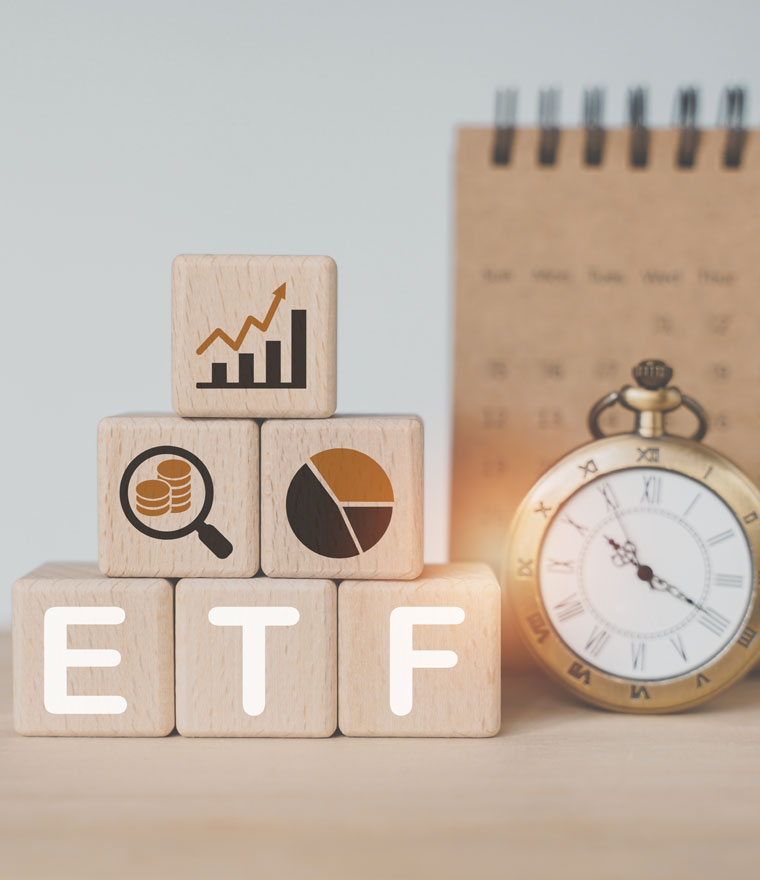Direct Equity involves buying and selling shares of individual companies, making the investor a part-owner. The main goal is to profit from rising share prices. Many companies also distribute dividends to shareholders. This approach offers higher potential returns but also carries higher risk.
Exchange-traded funds (ETFs) are investment funds traded on stock exchanges. They pool money from investors to buy a basket of securities, such as stocks, bonds, or commodities. ETFs offer diversification, liquidity, and often lower costs than traditional mutual funds. Exchange-Traded Funds (ETFs): Like Equity, ETFs also offer multiple options to investors.
Gold ETF (Exchange Traded Fund)
In essence, Gold ETFs provide a convenient and efficient way to participate in the gold market, allowing investors to benefit from price movements without the logistical challenges associated with buying, storing, and selling physical gold.
Silver ETF (Exchange Traded Fund)
In summary, ETF funds offer a convenient and regulated way to invest in Gold and silver, benefiting from its price fluctuations and potential for diversification, without the complexities of owning and managing physical assest.
Key Features of ETFs
-
Trading: Like stocks, ETFs are traded on stock exchanges like the National Stock Exchange (NSE) and Bombay Stock Exchange (BSE) during market hours.
-
No Physical Ownership: When you invest in a ETF, you own units of the fund, not the physical gold or silver itself.
-
Benefits: Investing in ETFs offers several advantages, including diversification, hedging against inflation, ease of trading, and lower costs compared to physical asset.
-
Returns: The returns generated by ETFs are based on the performance of the underlying their prices, meaning your investment value will rise or and decreasing when they fall.
-
Key Features: Silver ETFs offer benefits like portfolio diversification, liquidity, transparency, and the potential to hedge against inflation.
-
Industrial Demand: Unlike gold, silver has significant industrial applications (electronics, solar panels, etc.), making its price potentially more volatile and susceptible to economic fluctuations.
-
Accessibility: You can buy and sell Silver ETF units through a Demat and trading account with a stockbroker.
-
Redemption: Upon redeeming your ETF units, you receive the cash equivalent, not the physical asset.



